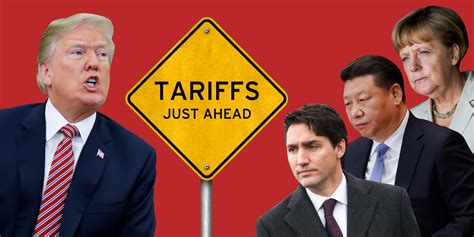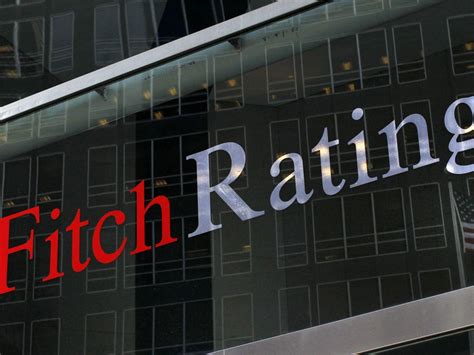Europe is facing a dilemma when it comes to increasing its purchases of natural gas from the United States. The issue is complex, involving political, economic, and environmental factors that are shaping the continent’s energy landscape.
“The European gas market has been traditionally dominated by Russian suppliers.”
For years, Europe has heavily relied on Russia for its gas supply. However, recent geopolitical tensions have prompted European countries to seek alternative sources to ensure energy security. The United States has emerged as a potential supplier due to its abundant shale gas reserves and advancements in liquefied natural gas (LNG) technology.
“While the US offers competitive prices, logistical constraints hinder increased imports to Europe.”
One of the main challenges hindering Europe’s ability to buy more American gas is the logistical infrastructure. Establishing efficient transportation routes and terminals for LNG shipments requires significant investments and time. Additionally, regulatory hurdles and existing long-term contracts with other suppliers pose obstacles to diversifying Europe’s gas sources.
As European nations strive to reduce their greenhouse gas emissions and transition towards cleaner energy sources, the demand for natural gas remains high as a relatively cleaner fossil fuel compared to coal or oil. However, balancing this demand with sustainability goals presents a conundrum for policymakers.
“Political dynamics between the US and Europe also influence decisions around energy trade.”
The relationship between the United States and Europe plays a crucial role in determining future energy partnerships. Trade agreements, sanctions, and diplomatic relations all impact the feasibility of increased US gas exports to European markets. Any shifts in these dynamics could either facilitate or impede efforts to enhance transatlantic energy cooperation.
Expert analysts suggest that while there is potential for greater collaboration between Europe and the US in the energy sector, achieving substantial increases in American gas imports will require careful navigation of various challenges. Market conditions, infrastructure development, regulatory frameworks, environmental concerns, and geopolitical considerations must align for such expansions to materialize effectively.
In conclusion, Europe’s endeavor to procure more natural gas from the United States is not merely an economic transaction but a multifaceted process influenced by diverse interwoven factors. Navigating these complexities will be essential for both regions as they seek to secure reliable energy sources while addressing evolving global challenges in sustainability and geopolitics.









Leave feedback about this